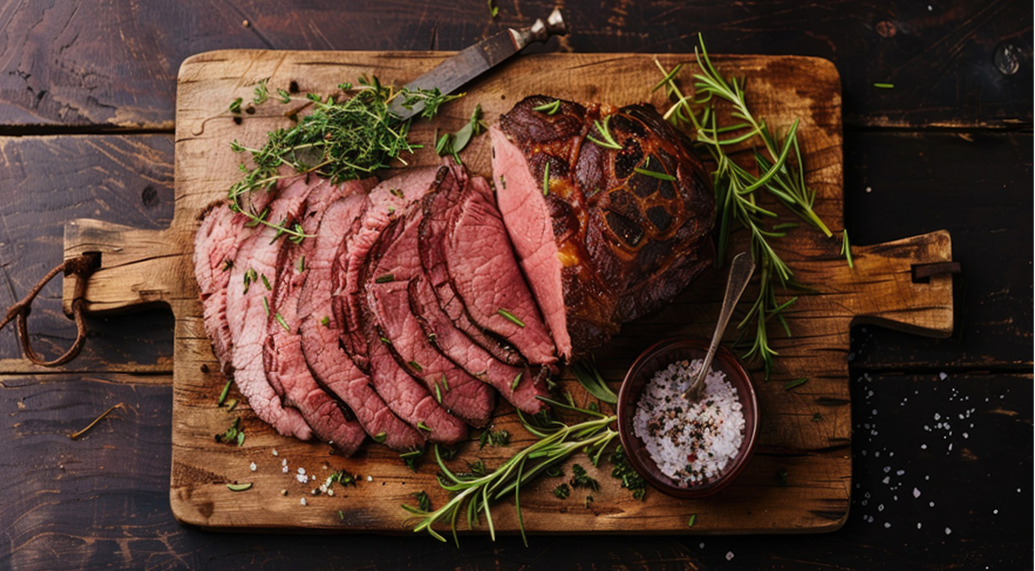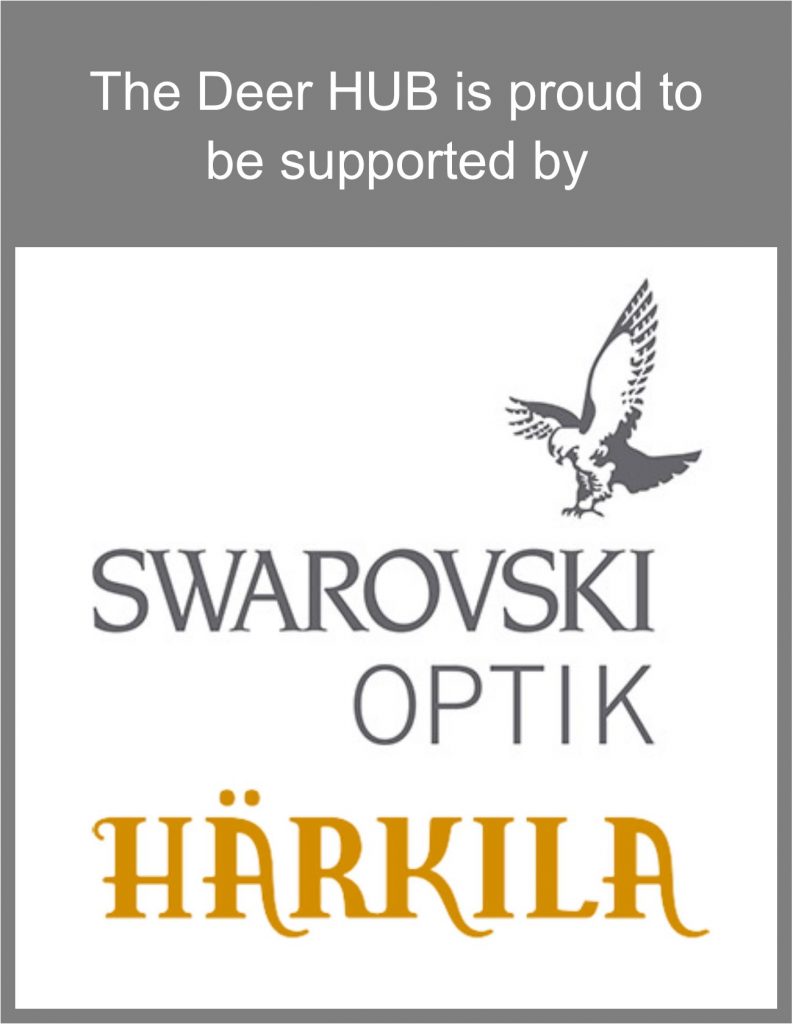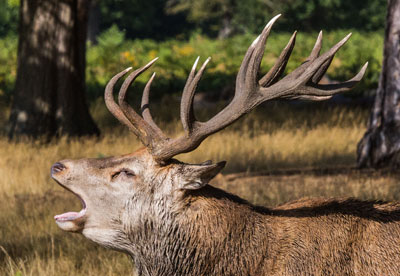
Venison
– Why Eat Venison –
As interest in sustainable eating and high-quality protein sources grows, venison is growing in popularity among health-conscious individuals, deer stalkers and food enthusiasts alike.
Beyond its rich, earthy flavour, venison offers a variety of nutritional benefits that make it a standout alternative to conventional red meats such as beef or pork.
It’s Sustainable
Eating wild venison is considered a sustainable choice for several reasons. Firstly, wild deer in the UK have no natural predators, and as their populations continue to grow significantly, this has led to overgrazing and damage to our woodland ecosystems. Considered deer management is necessary for the welfare of the deer, to reduce crop damage and to improve the biodiversity of our woodlands and native wild flowers.
Unlike farmed meat, wild venison requires no feed, water, or artificial inputs, lowering its environmental footprint. It also produces fewer greenhouse gas emissions compared to beef or lamb. Sourcing venison locally reduces food miles and supports rural economies. Additionally, venison is lean, high in protein, and free from added hormones or antibiotics, making it a healthy, ethical option.
By choosing to eat harvested wild venison, consumers contribute to responsible wildlife management and habitat conservation.
Nutritional Value of Venison
Venison is known for being lean, protein-rich and nutrient-dense. Here’s a breakdown of its nutritional profile (based on 100g/3.5oz of cooked venison):
- Calories: ~150 kcal
- Protein: ~26–30g
- Fat: ~2–3g (mostly unsaturated)
- Cholesterol: ~80–90mg
- Iron: ~3.4mg (19% of the daily recommended intake)
- Zinc: ~4.5mg
- Vitamin B12: ~2.5mcg (over 100% of daily needs)
- Niacin (B3): ~5mg
- Riboflavin (B2): ~0.4mg
Compared to beef, venison is significantly lower in fat and calories, while still offering comparable levels of protein and higher levels of key nutrients like iron and B vitamins.
Health Benefits of Eating Venison
- High-Quality Protein Source
Venison is an excellent source of complete protein, containing all nine essential amino acids. This makes it ideal for muscle repair, immune function, and maintaining healthy skin and hair.
- Low in Fat and Calories
Due to the active lifestyle of wild deer and their natural diet, venison contains much less fat, particularly unhealthy saturated fat, than other red meats. It’s a good option for those managing weight or cardiovascular health.
- Rich in Iron and B Vitamins
Venison is a great source of heme iron, which is more readily absorbed than plant-based (non-heme) iron. Iron is crucial for red blood cell production and oxygen transport. Additionally, B vitamins, especially B12 and niacin, support energy metabolism and nervous system function.
- Fewer Hormones and Antibiotics
Wild venison, unlike most commercially raised meat, is free from added hormones and antibiotics, making it a cleaner source of protein. Even farm-raised venison tends to follow stricter guidelines than conventional livestock farming.
- A Sustainable and Ethical Choice
For those concerned about environmental impact, wild venison represents a sustainable food source. Deer populations, when properly managed, are harvested ethically without the high carbon footprint of industrial farming. Additionally, supporting local deer stalkers and wild game butchers helps foster a more regional and ecological food system.
Harvested responsibly, wild venison provides a clean, ethical, and wholesome protein option for those seeking both nutrition and sustainability in their food choices.
It’s Delicious
Venison is a delicious meat prized for its rich, earthy flavour and tender texture. Unlike beef, it has a subtle gaminess that reflects the wild, natural diet of deer, giving it a unique depth of taste. Its leanness allows the natural flavours to shine, making each bite satisfying without being heavy.
Venison pairs beautifully with herbs like rosemary, thyme, and juniper, as well as fruits such as cranberries or cherries, which balance its savoury notes with a hint of sweetness.
When cooking, the key is to respect its lean nature—overcooking can make it tough. For steaks, a quick sear to medium-rare keeps it juicy and tender. Venison roasts benefit from slow cooking with vegetables and broth to enhance flavour and moisture. Minced venison is excellent for making sausages, burgers, or meatballs. Whether grilled, braised, or roasted, venison offers a gourmet experience that highlights both flavour and health.


 –
–
 –
–